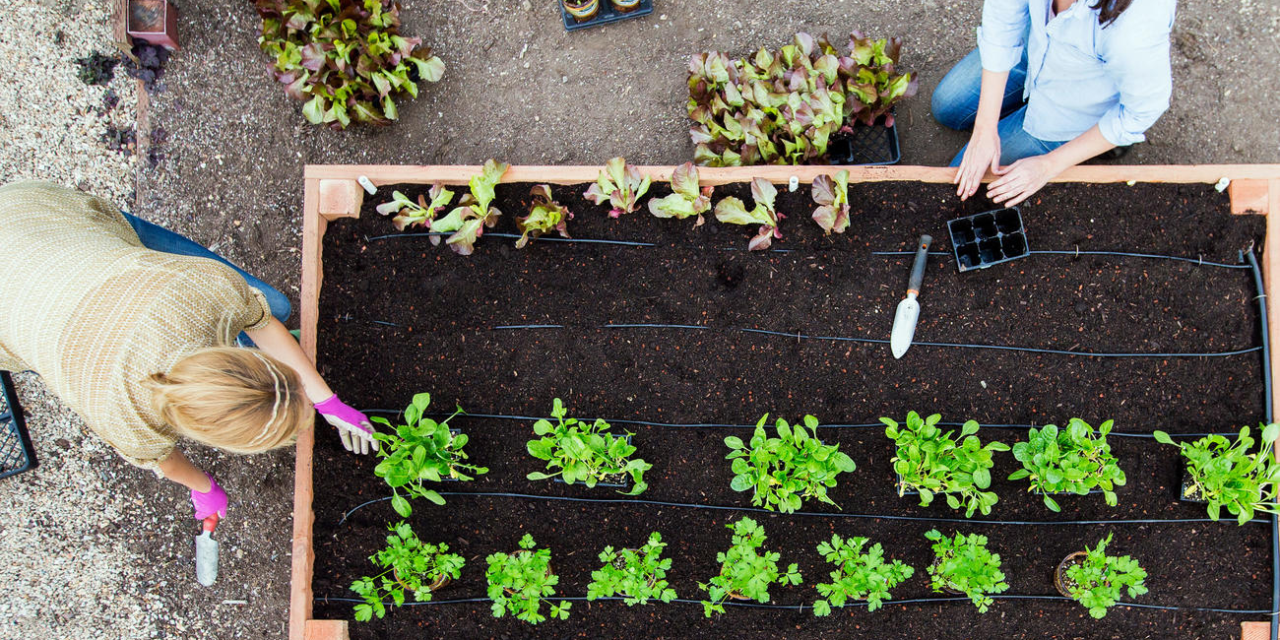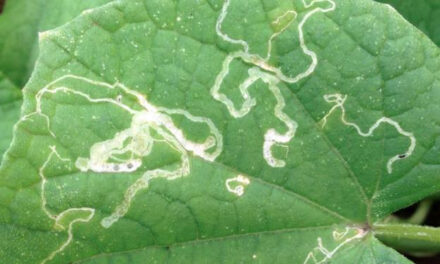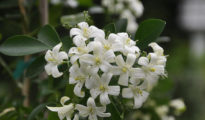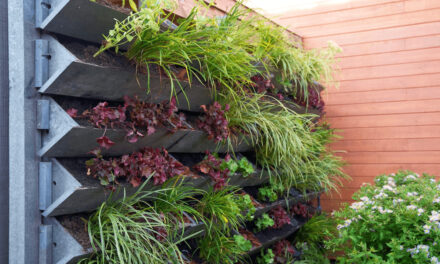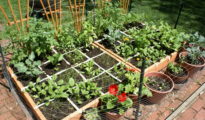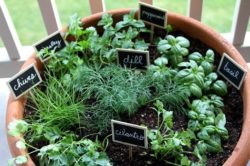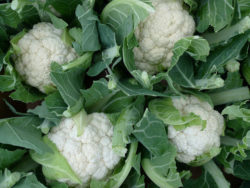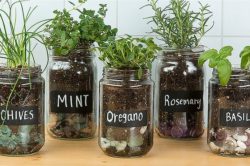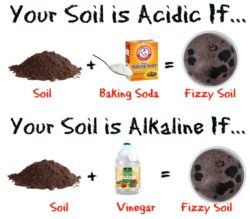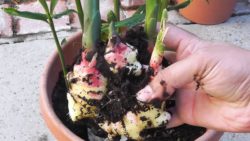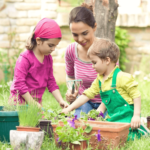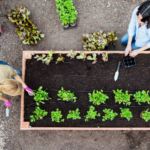In recent years, the importance of sustainable living and environmentally friendly practices has become increasingly evident. One area where individuals can make a significant impact is in their own gardens. Sustainable gardening practices aim to conserve resources, reduce waste, and promote biodiversity. In this blog post, we will explore two crucial aspects of sustainable gardening: conserving water and reducing waste. By implementing these practices, we can create beautiful gardens while minimizing our ecological footprint.
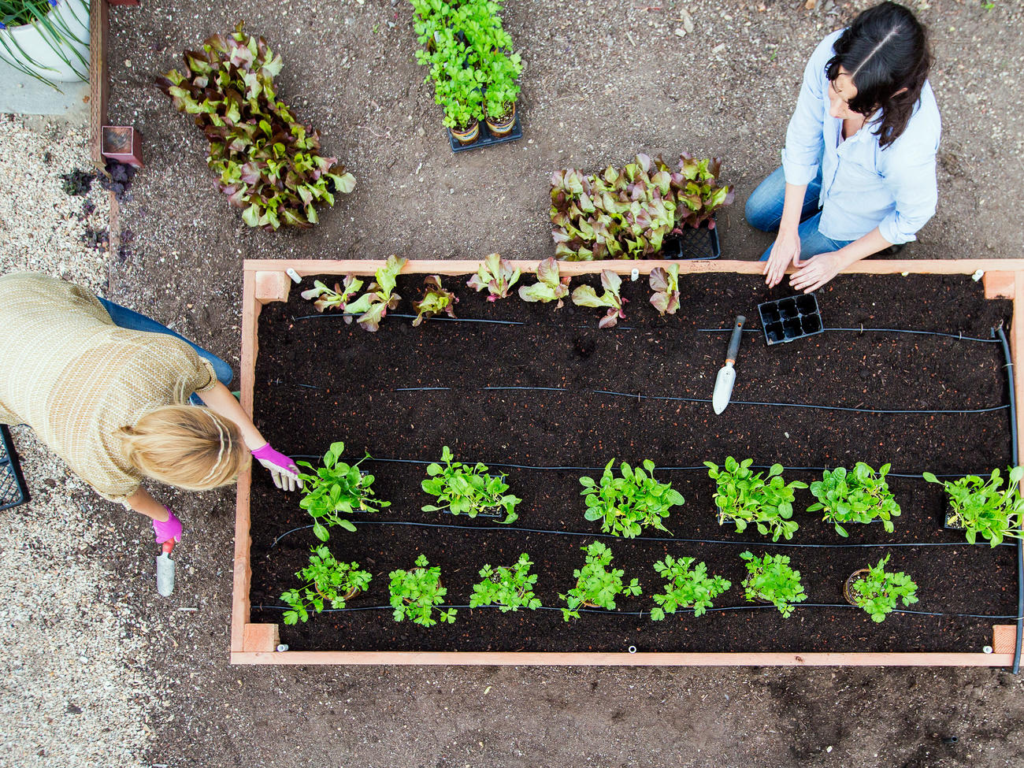
Conserving Water
Water is a precious resource, and with increasing concerns about water scarcity, it is essential to use it wisely. Here are some sustainable gardening practices to conserve water:
- Water-Efficient Irrigation Systems: Traditional sprinklers often result in excessive water usage, leading to wastage. Opt for drip irrigation systems that deliver water directly to the roots, minimizing evaporation and runoff. Install a rainwater harvesting system to collect and reuse rainwater, reducing the need for freshwater.
- Mulching: Applying a layer of organic mulch around plants helps retain moisture in the soil by reducing evaporation. Mulch also prevents weed growth, saving water that would otherwise be consumed by unwanted plants. Use materials such as wood chips, straw, or compost for effective mulching.
- Watering Techniques: Water your plants during the cooler parts of the day, such as early morning or late afternoon, to minimize evaporation. Focus on watering the root zone rather than the entire garden. Deep, infrequent watering encourages plants to develop deep root systems, making them more resilient to drought conditions.
- Native and Drought-Tolerant Plants: Choose plants that are well-suited to your local climate and require minimal watering once established. Native plants are adapted to the region's rainfall patterns and tend to be more drought-tolerant. Incorporating these plants into your garden not only reduces water usage but also supports local biodiversity.
Reducing Waste
Gardening often generates a significant amount of waste, from plant trimmings to plastic containers. Implementing sustainable practices can help minimize waste and its environmental impact. Here's how you can reduce waste in your garden:
- Composting: Establish a composting system to transform kitchen scraps, yard waste, and plant trimmings into nutrient-rich compost. Compost not only enriches the soil but also reduces the need for synthetic fertilizers, thereby minimizing environmental pollution. Use compost as a natural mulch or soil amendment to nourish your plants.
- Upcycling and Reusing: Instead of discarding items, find creative ways to reuse and repurpose them in your garden. Convert old buckets into planters, use broken pottery for drainage in pots, or repurpose wooden pallets into raised beds. By upcycling and reusing materials, you contribute to waste reduction and give new life to old objects.
- Chemical-Free Pest and Weed Control: Avoid using synthetic pesticides and herbicides that can harm beneficial insects, soil organisms, and pollinators. Embrace organic pest control methods such as companion planting, introducing beneficial insects, and using homemade natural remedies. Similarly, tackle weeds manually or through mulching rather than relying on chemical herbicides.
- Responsible Plant Packaging: When purchasing new plants, opt for nurseries that use sustainable packaging materials. Seek out nurseries that use biodegradable or recyclable pots instead of plastic ones. Consider sharing or swapping excess plants with fellow gardeners rather than disposing of them.
Sustainable gardening practices provide a rewarding way to create vibrant, environmentally friendly gardens. By conserving water and reducing waste, we can make a positive impact on our ecosystems while enjoying the beauty of nature. Embrace water-efficient irrigation systems, native plants, and mulching techniques to conserve water. Composting, upcycling, and avoiding synthetic chemicals will help reduce waste and minimize environmental harm. Let us all contribute to a greener future by implementing these sustainable gardening practices in our own backyards. Together, we can make a difference.

